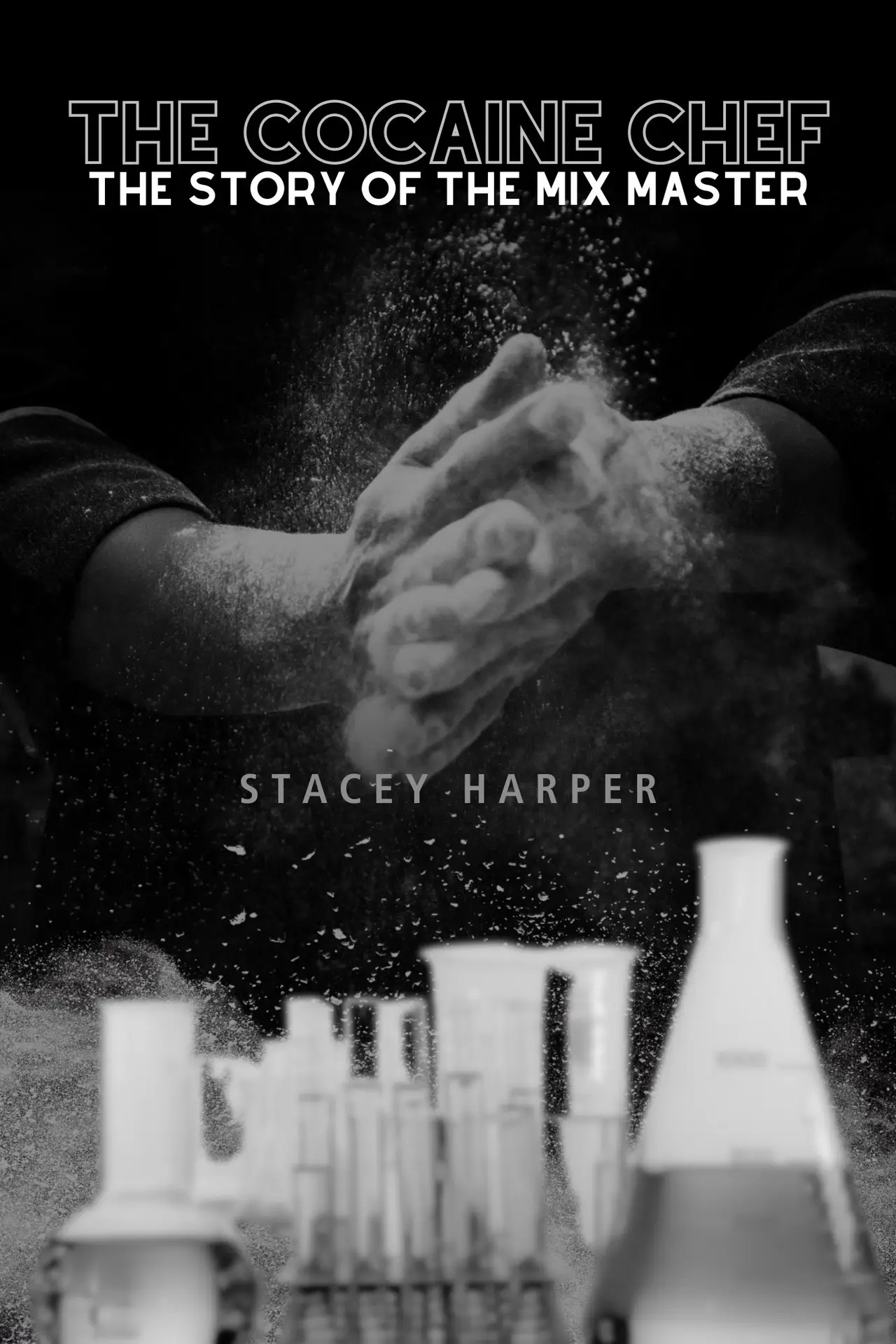
If you’re from the Hood, this is a must-read! It’s a powerful exploration of the struggles, triumphs, and raw realities that define life in marginalized communities in the 70's and 80's. With authentic voices and unfiltered stories, it dives deep into the complexities of street culture, resilience, and the relentless pursuit of dreams against all odds. This book not only resonates with those who have lived it but also sheds light on the often-overlooked narratives that shape our society. For anyone seeking to understand or celebrate the Hood experience, this is essential reading.
The Blow Up
This is the untold story of the start of the Crack epidemic
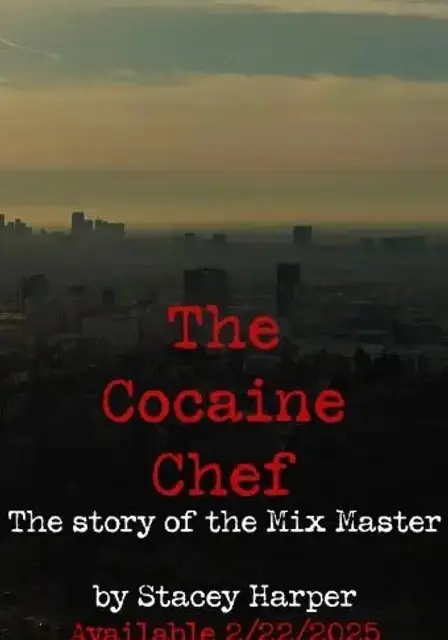
about
New York Time
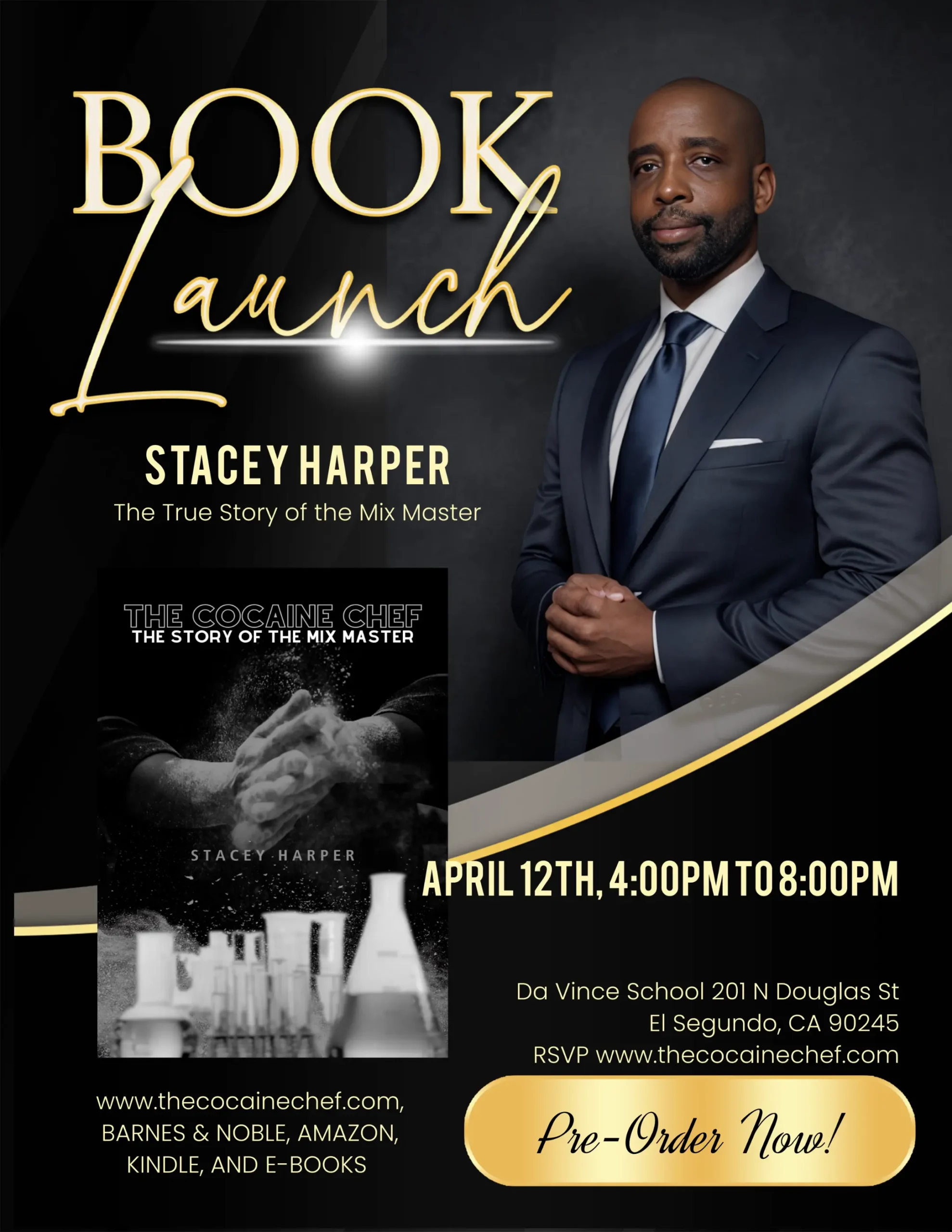
Join us at the exciting Red Carpet Event, where you'll have the chance to meet the acclaimed author and the unforgettable people that bring the book to life. Imagine getting your copy personally signed and capturing a memorable photo with Mr. Harper himself, all amidst an atmosphere brimming with inspiration and enthusiasm. This is your invitation to step into a world of literary magic, connect with fellow book lovers, and experience an evening that's as vibrant as the stories within the pages. Don't miss out on this unique opportunity—come, celebrate, and let the adventure begin!
Los Angeles Time
About the author
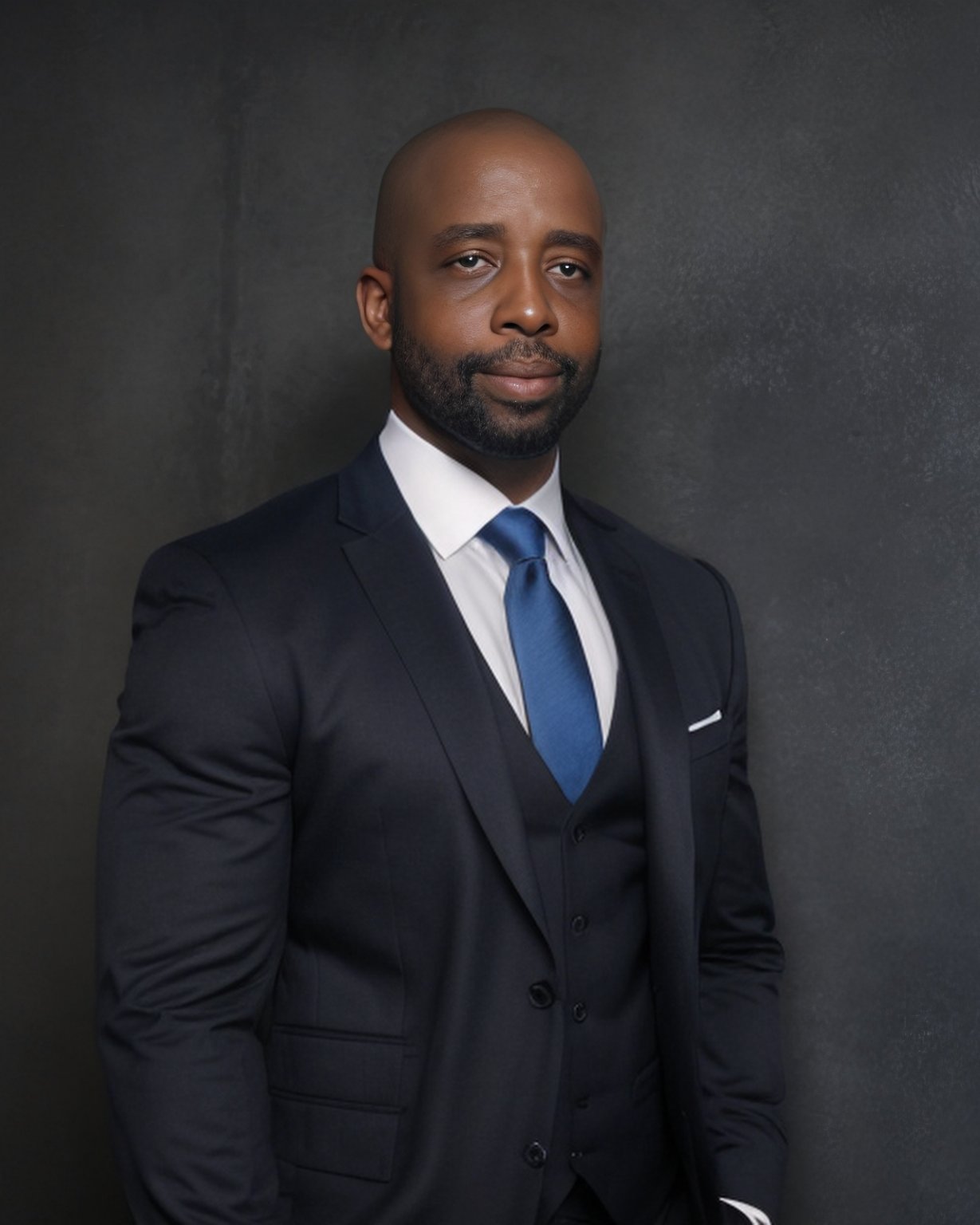
I am a Muslim, African American, and mostly self-educated individual, born in Los Angeles and raised throughout the diverse landscapes of LA County, back then it was the concrete jungle. My journey has been marked by significant challenges, including a decade spent in prison as a former drug dealer; however, these experiences have only fueled my determination to rise above adversity. Prison actually made me a better man. It gave me the opportunity to find myself again. I am proud to be a son, father, brother, and uncle, as well as an entrepreneur and a devoted husband. My life has been a tapestry of extreme highs and lows. Stacey Harper
register for book release party in la April 12, 2025
Join Us and Meet the Author and Special Guest, and get your book signed
The Di Vinci School 201 N Douglas St, El Segundo, CA 90245
3:30 PM to 8:00 PM
RSVP below
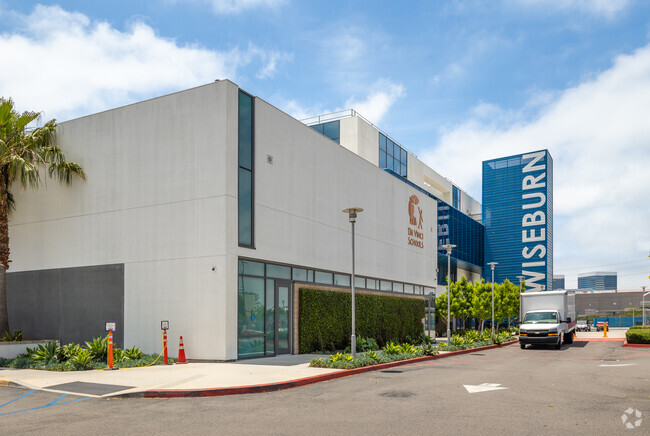
Don’t just take my word for it
Story page
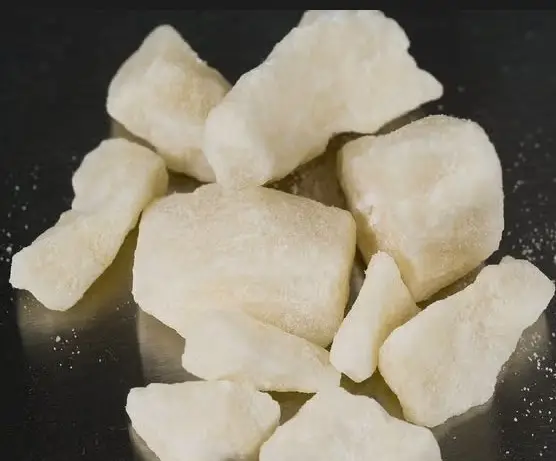
Learn where the term "Crack Cocaine" came from. The crack epidemic, which emerged in the United States during the 1980s, was characterized by a dramatic increase in the use and distribution of crack cocaine, a potent and inexpensive form of the drug that became widely accessible in urban areas. As crack gained popularity, it contributed to a surge in crime, violence, and social unrest, prompting widespread public concern and a significant response from law enforcement and government agencies. The epidemic disproportionately affected low-income communities and communities of color, exacerbating existing social and economic disparities. The government's approach to the crisis, including harsh sentencing laws and the militarization of police forces, drew significant criticism for its focus on punitive measures rather than treatment and prevention. The legacy of the crack epidemic continues to influence discussions around drug policy, criminal justice reform, and public health in the United States today.
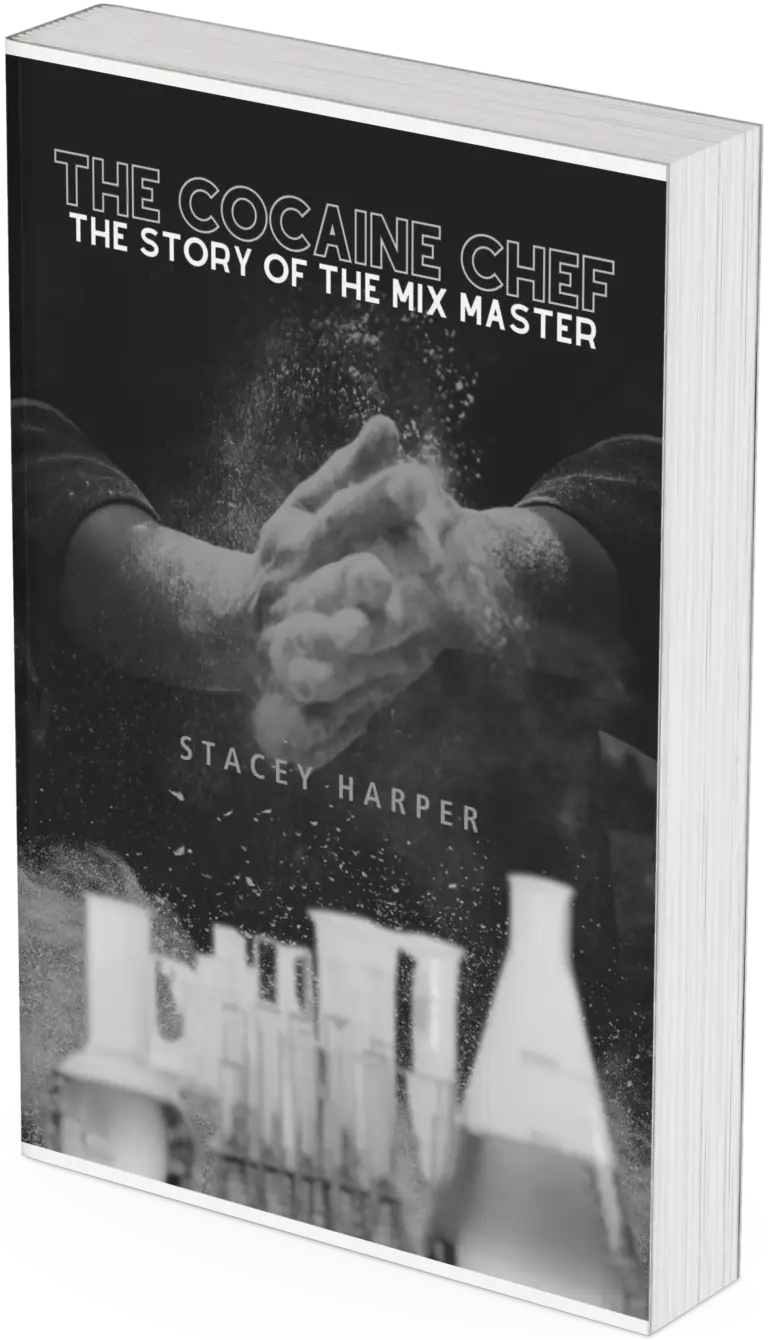
This is the untold story of the Mix, known in hood terms as the blow-up. It's the art of cutting the uncuttable, cooked cocaine. Before diving into this narrative, let me clarify that I never had the intention to commit any crime. Early in my life, I attended a Muslim school where I embraced my identity with pride. This school provided me with a foundational upbringing that every man needs, even though I didn't realize its importance at the time. Growing up in LA, we moved around a lot. We spent a significant time in Compton, right across from Campanella Park, and on 35th Street near Denker Park.
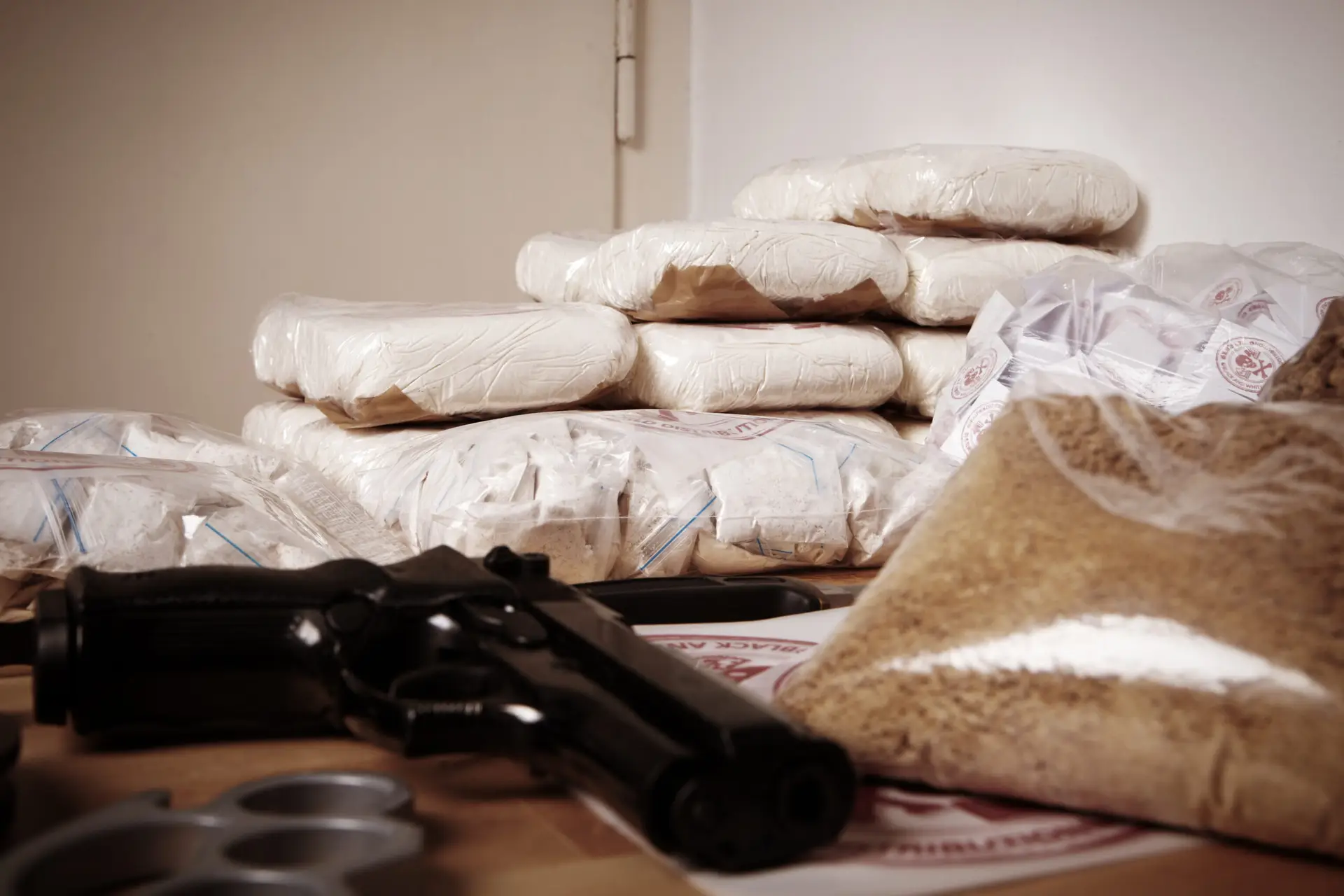
Growing up in the hood, I was surrounded by a whirlwind of gang culture, where every corner had its own story, and every alley echoed with the struggles of survival. The streets had a way of pulling you in, like a strong current dragging you down, and I saw too many good folks get swallowed up by the temptations that came with that life. Drugs, violence, and the quest for respect were the norms.
stay tuned
RSVP
Find out when we are coming to your town
